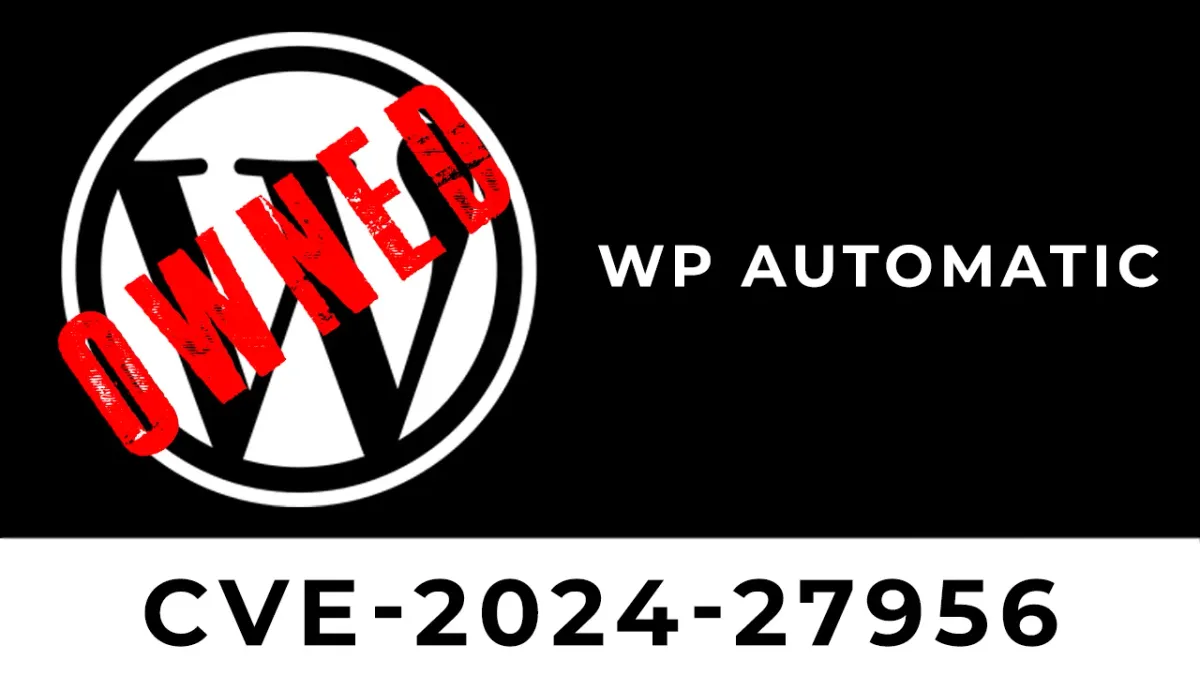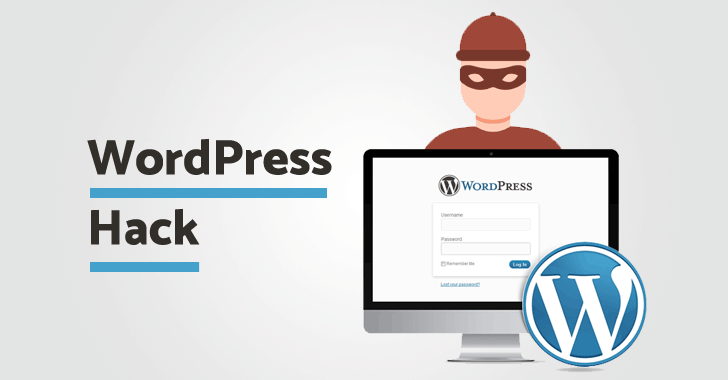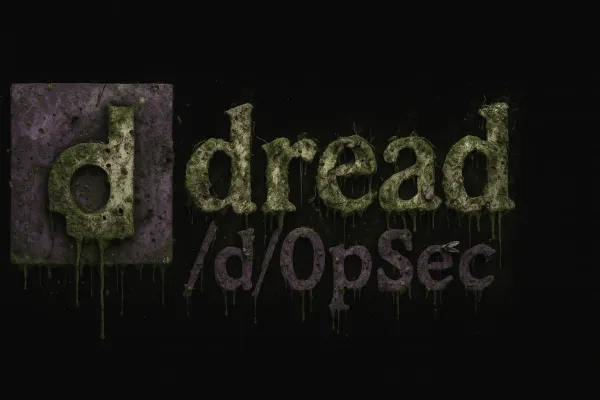SQLi Flaw in WP-Automatic Plugin: What You Need to Know
WP-Automatic plugin for WordPress, has a serious flaw that is posing a significant risk to millions of websites. What is it? How does it work, and what can yo do about it?

WP-Automatic plugin for WordPress, has a serious flaw that is posing a significant risk to millions of websites. What is it? How does it work, and what can you do about it?
Understanding the Vulnerability
The vulnerability, identified as CVE-2024-27956, is a severe SQL injection (SQLi) flaw that affects all versions of the WP-Automatic plugin prior to 3.9.2.0. SQL injection attacks allow attackers to manipulate a website’s database by inserting malicious SQL statements into an input field for execution. For a more detailed understanding of SQL injections.

Impact and Exploitation
This SQLi flaw allows attackers to execute arbitrary SQL queries against the database, potentially leading to unauthorized access to sensitive data, creation of admin-level user accounts, or uploading malicious files. This could grant attackers full control over the affected websites. The severity of this issue is underscored by its CVSS score of 9.9 out of 10, indicating a critical risk level.
Real-World Attacks
According to a security alert by WPScan, the vulnerability has already been exploited in the wild, with attackers using it to create new admin accounts on WordPress sites, particularly those starting with "xtw". This enables them to carry out further malicious activities, such as installing plugins that facilitate additional exploits or editing site code to serve their needs. For further insights, see WPScan’s detailed report here.
Mitigation and Prevention
Automattic, the company behind WordPress, has addressed this issue in the plugin's recent update to version 3.9.2.0. Website owners are urged to update their plugins immediately to mitigate the risk. Additionally, it’s critical for website administrators to monitor their sites for any unusual activity and consider implementing additional security measures such as web application firewalls (WAFs) and regular security audits. For a guide on enhancing WordPress security, visit this link.
Recent Similar Security Disclosures
This event comes in the wake of several other high-risk vulnerabilities disclosed in popular WordPress plugins such as Email Subscribers by Icegram Express (CVE-2024-2876) and Forminator (CVE-2024-28890), which similarly expose sites to severe threats. More about these can be found on Wordfence’s blog here.
The discovery and exploitation of the WP-Automatic plugin flaw highlight the continuous threats faced by digital platforms in today's cyber landscape. It is a stark reminder of the necessity for proactive security practices in maintaining the integrity and safety of online presence. By staying informed and vigilant, developers and website owners can better protect themselves and their users from such critical threats.
Ensure your website's security by updating the WP-Automatic plugin immediately, conducting regular security checks, and staying informed about the latest cybersecurity threats and solutions.




